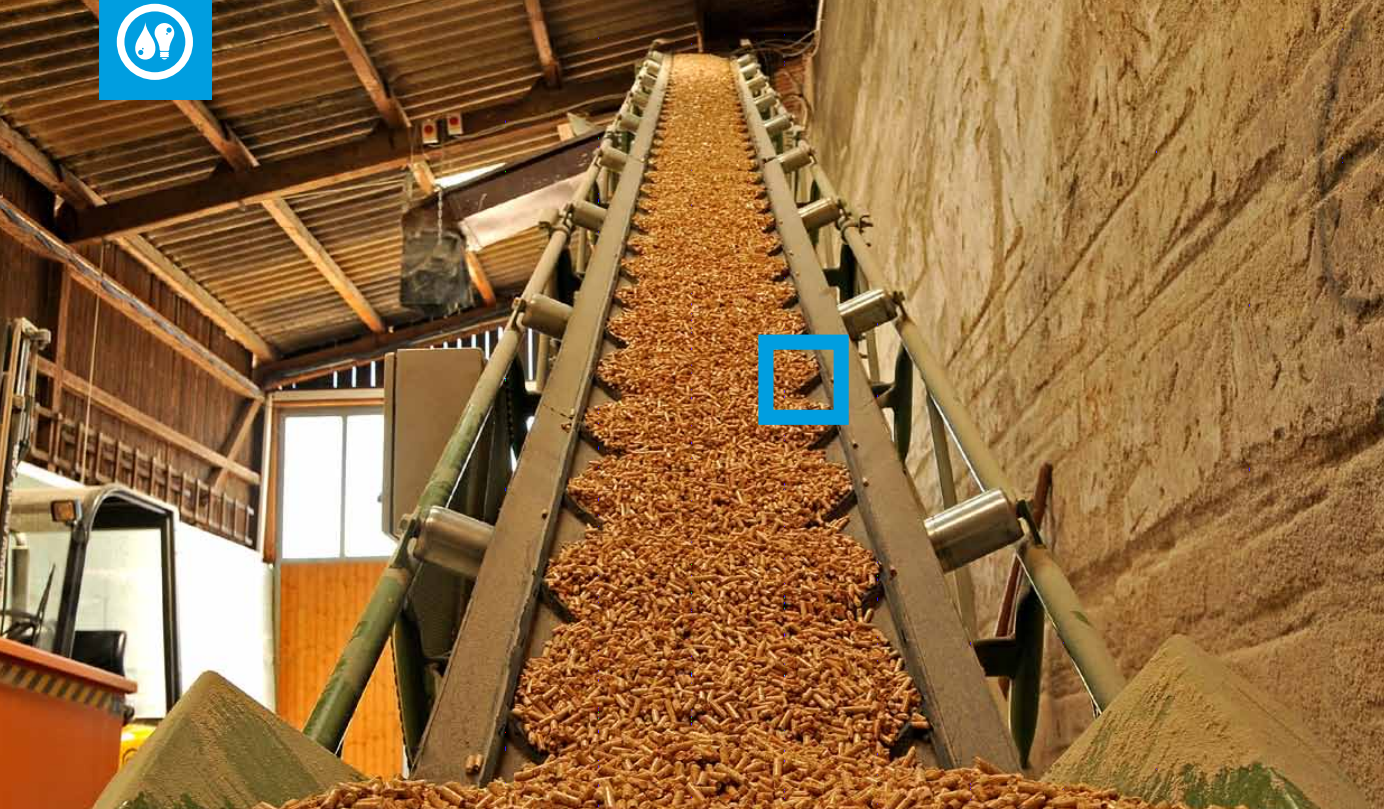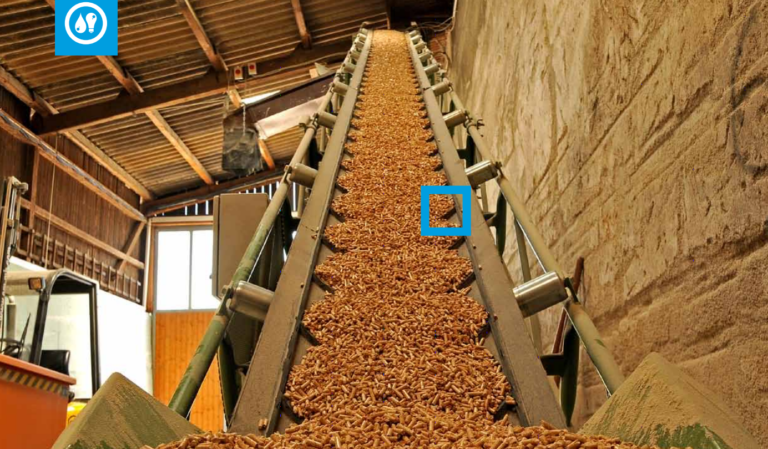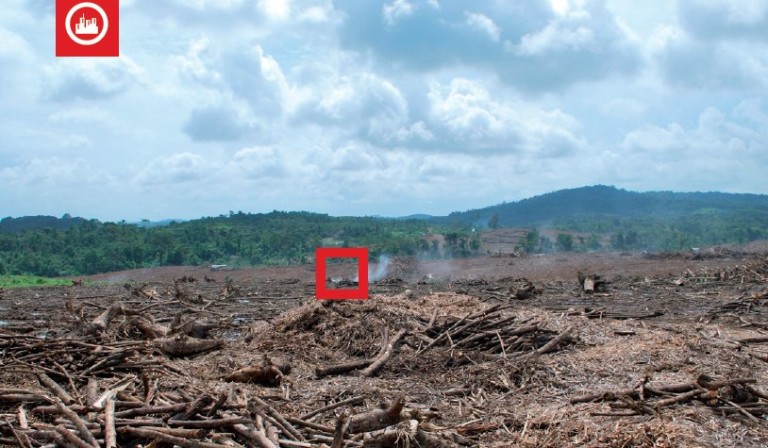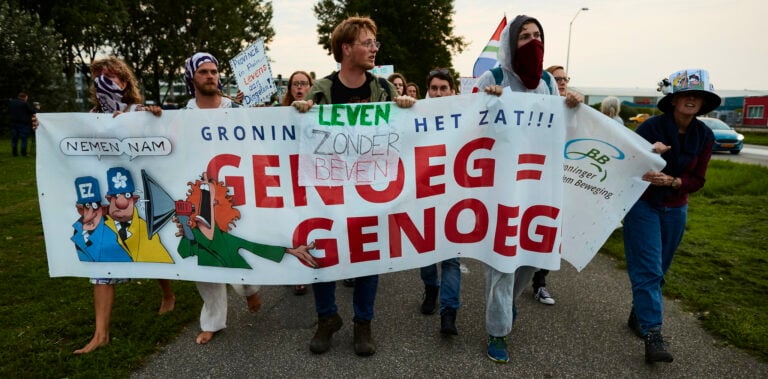
From Whence the Wood?
Supply chain transparency and the origin of solid biomass for electricity generation in the Netherlands

The use of solid biomass as feedstock for electricity generation is becoming an increasingly prominent and controversial topic in the global debate about the transition to a sustainable system of energy provision and consumption. Increasing emissions of carbon dioxide (CO2) from the combustion of fossil fuels such as coal, lignite, oil, and natural gas for electricity generation is currently the most significant driver of anthropogenic greenhouse gas (GHG) emissions and climate change. If produced under sustainable conditions, solid biomass can offer a potential path to addressing climate change by substituting fossil fuels and reducing GHG emissions. On the other hand, if produced and procured in an unsustainable manner, the use of biomass for electricity production can actually lead to an increase in CO2 emissions and thus have a negative overall climate effect. The production of solid biomass for electricity generation also carries with it several other social and environmental risks related to issues such as forest degradation, loss of biodiversity, land tenure/rights violations, and human rights abuses. Detailed knowledge about the origin of the supply of solid biomass used for electricity generation is thus essential for determining whether biomass-based electricity generation is genuinely contributing to sustainable development. Given the potential direct and indirect social and environmental impacts of solid biomass production, it is crucial that civil society, regulators, consumers and companies themselves have sufficient and specific information about from where the biomass entering the Netherlands one of the worlds largest consumers of biomass comes: where it is produced, what the feedstock is, and who is responsible for importing it. The question From whence (i.e. from where) the wood? has never been more relevant. This report aims to improve the social and environmental conditions under which solid biomass is produced. By examining the degree of biomass supply chain transparency provided by the six largest individual consumers of solid biomass for electricity generation in the Netherlands electric utilities E.ON, Eneco, EPZ (DELTA), GDF Suez, RWE/Essent, and Vattenfall/Nuon the report aims to increase the public and political pressure on electricity companies to take responsibility for ensuring that minimum social and environmental standards are respected throughout the biomass supply chain.
Meer informatie nodig?
-

Joseph Wilde-Ramsing
Advocacy Director
Publicatie

Gerelateerde content
-

-
 Europa’s grootste onafhankelijke bio-energiecentrale onderstreept noodzaak meer transparantie over oorsprong biomassaGeplaatst in categorie:NieuwsGepubliceerd op:
Europa’s grootste onafhankelijke bio-energiecentrale onderstreept noodzaak meer transparantie over oorsprong biomassaGeplaatst in categorie:NieuwsGepubliceerd op: -
 Misstanden bij ‘Nederlands’ biomassa bedrijf in LiberiaGeplaatst in categorie:NieuwsGepubliceerd op:
Misstanden bij ‘Nederlands’ biomassa bedrijf in LiberiaGeplaatst in categorie:NieuwsGepubliceerd op: -
Kritiek op werkwijze Nederlands biomassabedrijf Buchanan in LiberiaGeplaatst in categorie:NieuwsGepubliceerd op:
-
Bio-energy – sector overview Gepubliceerd op:
 Sanne van der WalGeplaatst in categorie:Publicatie
Sanne van der WalGeplaatst in categorie:Publicatie Sanne van der Wal
Sanne van der Wal -
De verborgen schade van groene waterstof Gepubliceerd op:
 Ilona HartliefGeplaatst in categorie:Publicatie
Ilona HartliefGeplaatst in categorie:Publicatie Ilona Hartlief
Ilona Hartlief
-
 ExxonMobil klaagt Nederland aan vanwege sluiten gasveld GroningenGeplaatst in categorie:Nieuws
ExxonMobil klaagt Nederland aan vanwege sluiten gasveld GroningenGeplaatst in categorie:Nieuws Bart-Jaap VerbeekGepubliceerd op:
Bart-Jaap VerbeekGepubliceerd op: -
 CO2-uitstoot basisindustrie Nederland nummer twee van EuropaGeplaatst in categorie:Nieuws
CO2-uitstoot basisindustrie Nederland nummer twee van EuropaGeplaatst in categorie:Nieuws Rodrigo FernandezGepubliceerd op:
Rodrigo FernandezGepubliceerd op:

